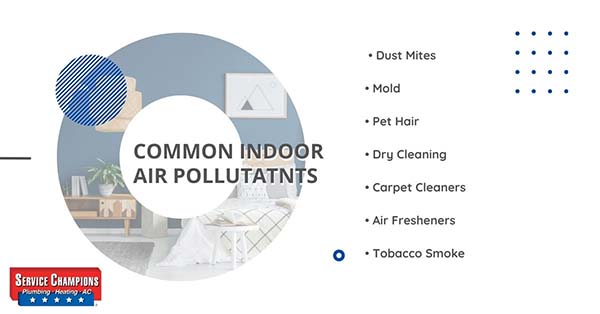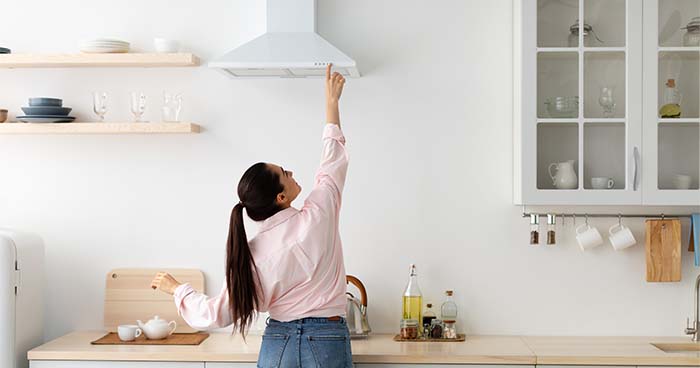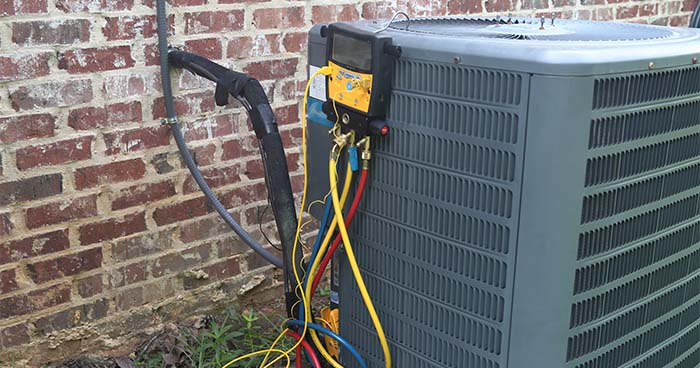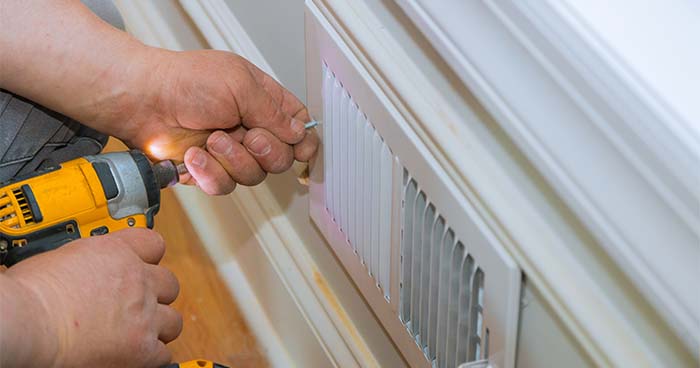The Alarming Way Poor Indoor Air Quality Can Affect Your Health
When you hear the term “air pollution,” outside spaces are the first to spring to mind. However, a worrying statistic from the EPA shows that the concentrations of some pollutants are often 2 to 5 times higher indoors.
We posted recently explaining more about common indoor pollutants. But what happens if you choose to ignore that advice? What are the ways indoor air quality can affect your health.
How Poor Indoor Air Quality Affects Your Sleep and Mental Health
Sleep
Most of us know that poor indoor air quality can affect our health, but we think about the potential effects on our sleep less frequently.
High volatile organic compound (VOCs) levels can disrupt your sleep by causing headaches, triggering and asthma allergies, and can cause breathing issues.
Mental Health
There is evidence that indoor air pollution can cause mental health problems. Studies have found that poor air quality is linked to depression, anxiety, and neurological disorders.

What’s more, a study by the World Health Organization indicates that 93% of children under the age of 15 are risking their health and development by breathing in polluted air. The worrying aspect is that these issues can manifest as mental health problems later in life.
How Poor Indoor Air Quality Affects Allergies and Asthma
Asthma
Asthma is a chronic, inflammatory disease that causes breathing difficulties triggered by exposure to various environmental triggers.
Allergies
Have you ever noticed that feeling of being “stuffed up” when you wake up? That’s probably an indication that the air in your home isn’t as clean as you’d like.
Allergies can make life difficult enough already, but when triggered by poor indoor air quality, they can become a nightmare.
If you want to protect yourself from allergies, consider investing in a high-efficiency particulate air (HEPA) filter.
Irritation to Your Eyes and Nose
Your eyes and nose are important indicators of the air quality in your home. Some indoor pollutants can cause your eyes to sting and a burning sensation in your nose.
 VOCs found in air fresheners, carpet cleaners, and dry cleaning can cause eye, nose, and throat irritation. And tobacco smoke also causes sore eyes, as well as devastating illnesses like cancer.
VOCs found in air fresheners, carpet cleaners, and dry cleaning can cause eye, nose, and throat irritation. And tobacco smoke also causes sore eyes, as well as devastating illnesses like cancer.
What Can You Do to Improve Your Indoor Air Quality?
If you’re worried about the quality of your indoor air and the impact it’s having on your health, here are several easy steps you can take to improve the situation.
Keep Your Air Vents Clean and Free from Dust
Dust, smoke, and other particles accumulating in vents are among the most common causes of poor indoor air quality.
To effectively clean your air vents, follow these steps:
- Turn off the vent fan.
- Unscrew the cover and clean it with a soft cloth (not paper towels).
- Using a vacuum attachment with its hose extension, vacuum out the interior of the vent body and brush any loose debris from the vent cap and walls.
- Screw the cover back on the vent until it clicks into place.
Let Fresh Air Circulate Around Your Home
It may sound counterintuitive, but opening windows actually helps your indoor air quality. When you open windows in your home or office, it enables you to breathe easier by increasing circulation and ventilation.
Use a Kitchen Exhaust Fan
One of the best ways to ensure a healthy, productive kitchen is by using a kitchen exhaust fan. These fans help get rid of fumes and moisture in your kitchen, preventing mold buildup and dissipating odors.

Kitchen exhaust fans vent all that foul air, helping keep your kitchen smelling fresh.
Keep Up with Regular HVAC Maintenance
Your HVAC unit will run more efficiently when it’s clean and properly maintained by an HVAC professional. When dirt builds up in your system, it can cause your air conditioner or furnace to run longer and harder than necessary, wasting energy.

A fully-functioning HVAC system reduces the number of airborne contaminants such as mold spores, dust particles, and pet dander.
If you want to improve your indoor air quality, speak to our Service Champions experts. Give us a call to help breathe easy again.


